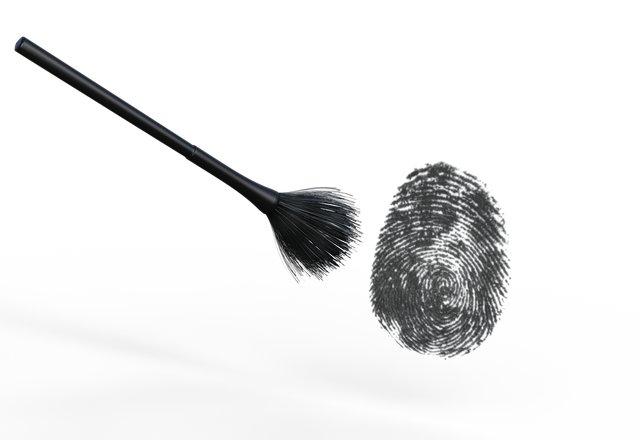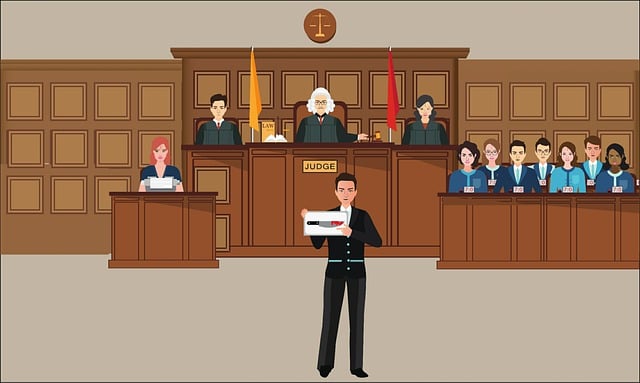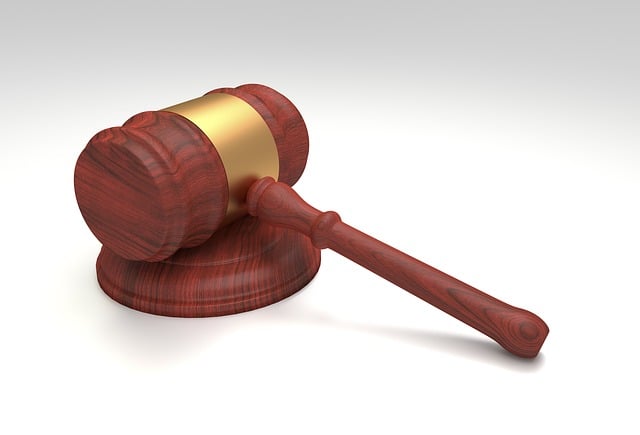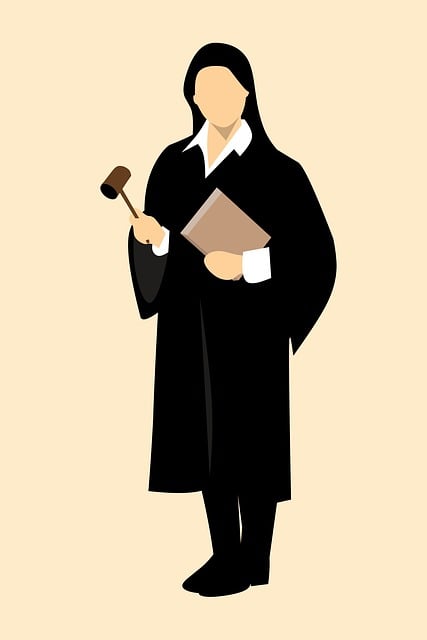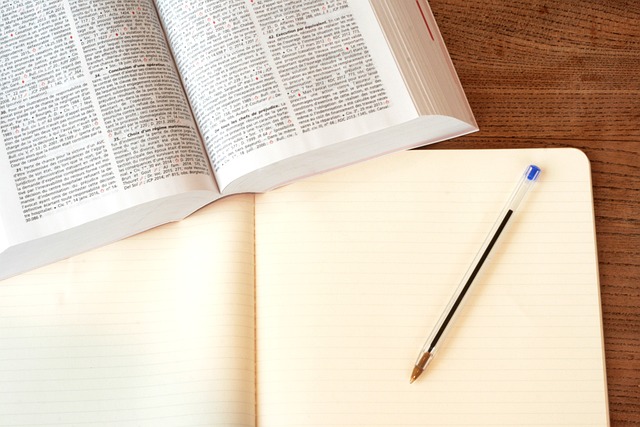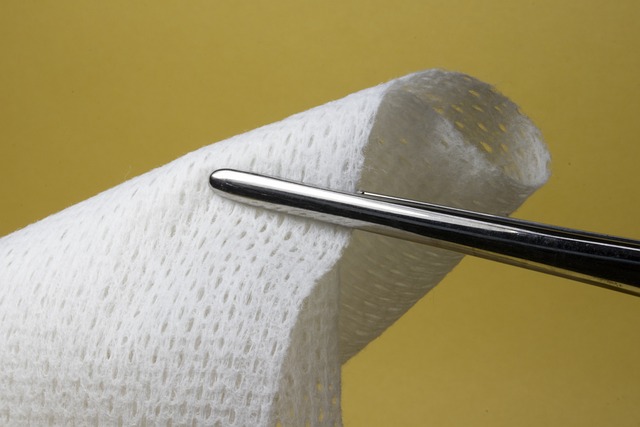A defective equipment lawyer is crucial for individuals and businesses affected by malfunctioning machinery, offering expertise in product liability cases. They guide clients through property damage claims or personal injury lawsuits against manufacturers, distributors, or retailers. Through meticulous investigation, these lawyers establish liability, assess risks, and develop strategies to maximize compensation. Before consulting, prepare incident details, damages, and case specifics; after the initial consultation, the lawyer assesses options, outlines the legal process, gathers evidence, and negotiates with insurers for a successful outcome.
“Looking for guidance after encountering defective equipment? A specialist, known as a defective equipment lawyer, can offer tailored assistance. This article breaks down what you can expect from such a consultation. From understanding their crucial role in protecting your rights to preparing essential documents before the meeting, each step matters. After the consultation, be prepared for clear next steps and expectations, empowering you to take charge. Discover how a defective equipment lawyer can be your ally in navigating legal complexities.”
- Understanding the Role of a Defective Equipment Lawyer
- What to Prepare Before the Consultation
- Post-Consultation Expectations and Next Steps
Understanding the Role of a Defective Equipment Lawyer
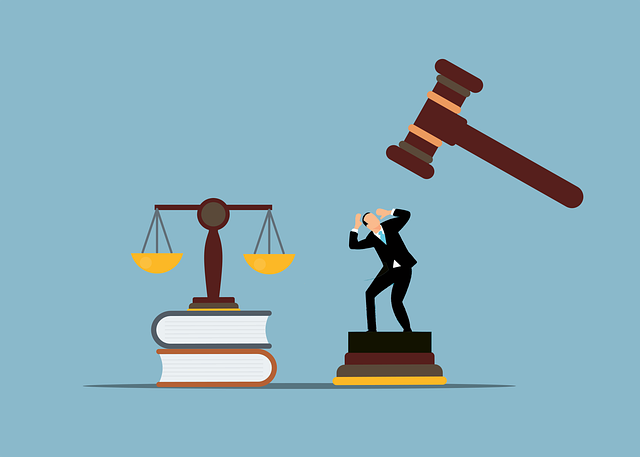
A defective equipment lawyer plays a pivotal role in advocating for individuals and businesses affected by malfunctioning or hazardous machinery. Their expertise lies in navigating complex legal landscapes surrounding product liability, ensuring clients receive fair compensation for associated losses. When an accident involving defective equipment occurs, these legal professionals guide their clients through the process of filing property damage claims or pursuing personal injury lawsuits against manufacturers, distributors, or retailers responsible for the unsafe products.
By thoroughly investigating the incident and gathering relevant evidence, a defective equipment lawyer can help determine liability, assess potential risks, and strategize for client recovery. Their in-depth knowledge of product safety standards, regulatory frameworks, and case precedents enables them to build strong legal arguments, ultimately maximizing compensation for their clients’ suffering, medical expenses, lost wages, and property damage.
What to Prepare Before the Consultation
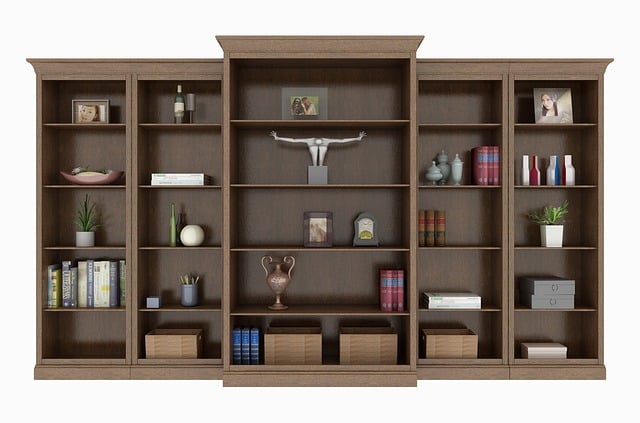
Before your consultation with a defective equipment lawyer, it’s beneficial to have certain documents and information ready. Gather all relevant details about the incident that led to the equipment failure or defect. This includes dates, locations, and descriptions of what happened. If possible, collect and organize any physical evidence, such as photographs or the faulty device itself, which can serve as crucial proof during your case. Additionally, prepare a list of witnesses who were present during the incident; their testimonies can significantly strengthen your claim.
Knowing the specific nature of your case—whether it involves defective products leading to slip and fall injuries or complex business litigation—will help guide the conversation. Be prepared to discuss the extent of your damages, including any medical expenses, lost wages, or property damage resulting from the defective equipment. Arriving at the consultation with a clear understanding of your situation will ensure productive discussions and enable the lawyer to assess your case effectively.
Post-Consultation Expectations and Next Steps
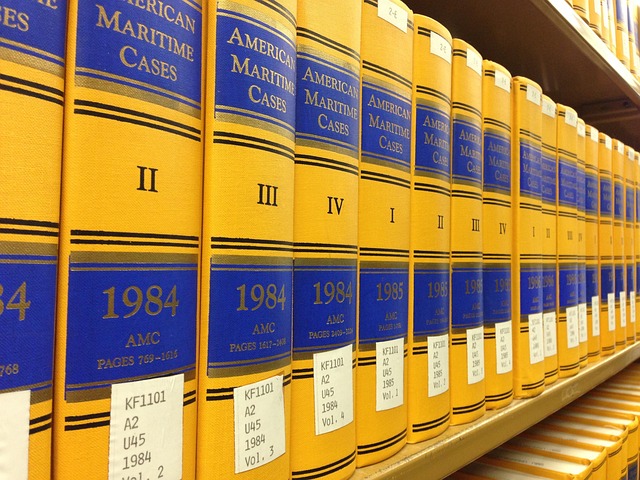
After your initial consultation with a defective equipment lawyer, you can expect a clear understanding of your legal options and potential next steps. The attorney will assess the details of your case, including the type of equipment involved, the extent of the defects, and any resulting injuries or damages. Based on this evaluation, they will provide an estimate of the potential value of your claim and explain the legal process ahead.
The post-consultation phase involves the lawyer preparing a strategy tailored to your case. This may include gathering evidence, contacting relevant experts, and negotiating with insurance providers. In some cases, especially complex or high-value claims, they might recommend alternative dispute resolution methods like mediation or arbitration. Remember, while these terms—medical malpractice, insurance coverage disputes, or partnership disagreements—might not directly apply to every defective equipment case, your lawyer will guide you through any relevant legal complexities and help navigate a successful outcome.
When seeking redress for defective equipment, consulting with a specialized defective equipment lawyer is a crucial step. During this consultation, you can expect a thorough assessment of your case, clear explanations of legal options, and valuable insights into potential outcomes. By preparing in advance and understanding the post-consultation steps, you’re better equipped to navigate the legal process and advocate for your rights as a consumer. Don’t let defective products go unchallenged; reach out to a defective equipment lawyer today to take control of your situation.
